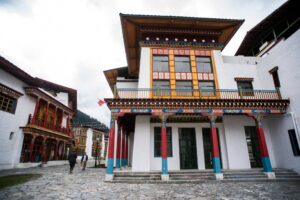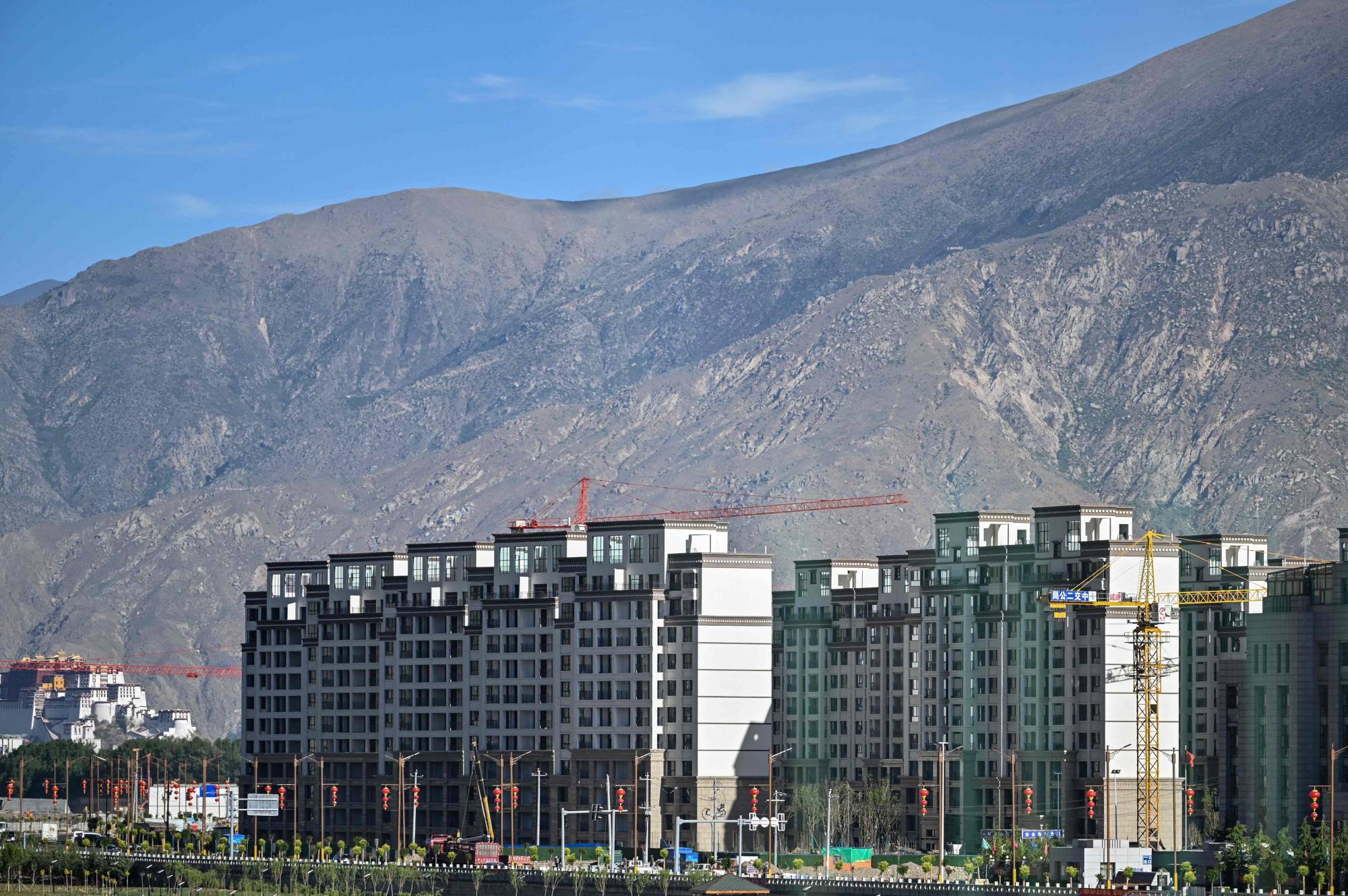Dharamshala, 20th February: According to a new study, Airbnb has hundreds of listings in Xinjiang and Tibet, two areas where China is accused of serious human rights violations and forced cultural assimilation. Beijing is holding the Winter Olympics in the midst of international outrage over human rights abuses against minorities, particularly the predominantly Muslim Uyghur people. With a rumored $500 million sponsorship deal that runs until 2028, Airbnb is one of the Olympics’ largest backers.

According to data produced by the London-based group Free Tibet and exclusively obtained and verified by AFP, the internet platform’s steady expansion in China is fueled in part by about 700 housing ads in the volatile far west region of China. There are roughly 380 listings in the northwestern Xinjiang region, where Beijing is said to have imprisoned one million Uyghurs in a crackdown on religious extremism. A further 300 reside in neighboring Tibet, where religious repression and cultural erasure have long been blamed by campaigners.
The San Francisco-based corporation has publicly supported progressive political causes such as the United States’ Black Lives Matter racial justice campaign.
Xinjiang has been pushed by China as a dynamic tourist destination and, more recently, as a winter sports destination. However, the region has been engulfed in a years-long “anti-terrorism” campaign that has forced tens of thousands of Uyghurs and other Muslims into a vast network of “re-education” camps. Beijing is also accused of forcefully sterilizing Uyghur women, forcing forced labor, and destroying cultural monuments in a genocide termed by the United States and parliamentarians from a number of Western countries.
China vehemently refutes the accusations. After originally denying the camps’ existence, Beijing now claims they are voluntary vocational training institutes aimed at combating extremism.
Airbnb has recovered from the global tourism slump brought on by the coronavirus pandemic, with revenue up 25% over the previous year. The company is active in more than 220 countries and areas, and its name translates to “greet each other with love” in Chinese. Its Chinese operations have already come under fire, with press reports revealing that some listings discriminated against Uyghurs and Tibetans, while others were placed on terrain controlled by a US-backed paramilitary force.







Leave a Reply